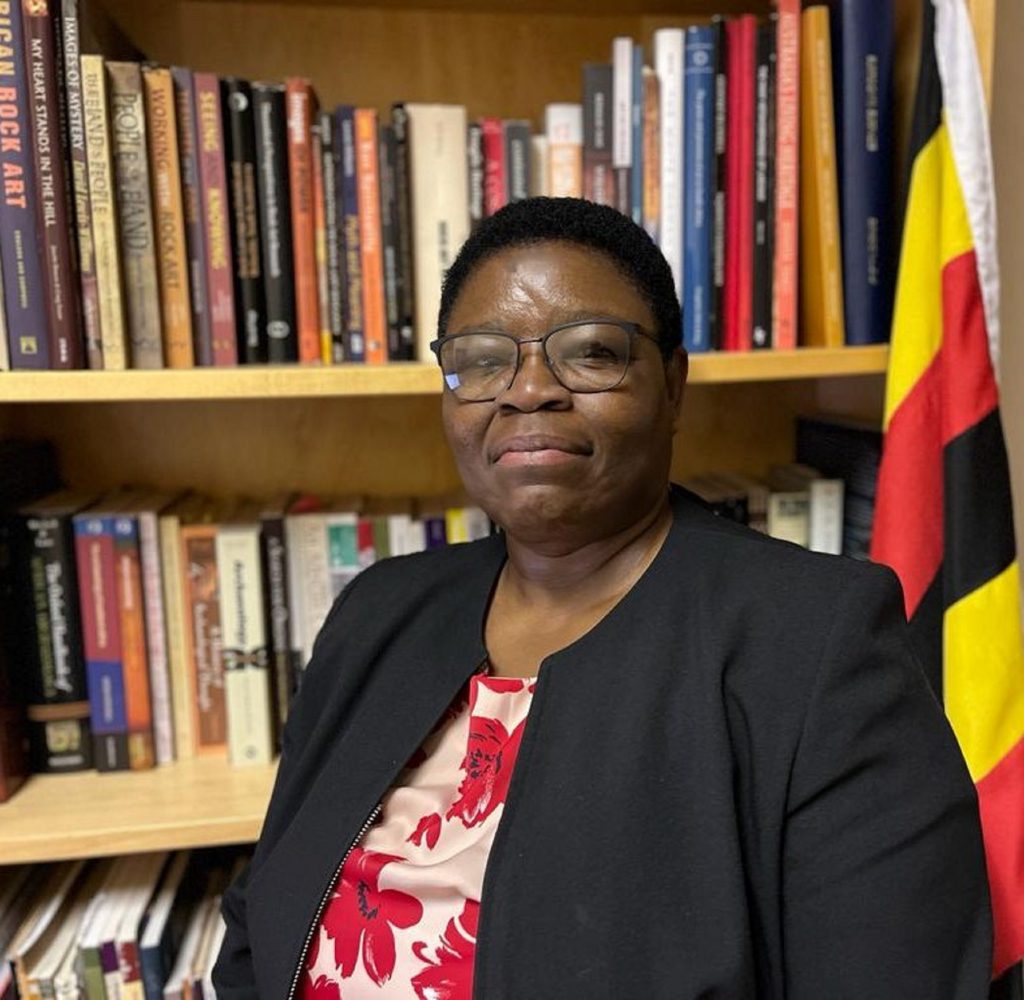

Congratulations to the Winners of the 2022 Engaged Research Grant!
Meet a few of our 2022 Engaged Research Grantees:
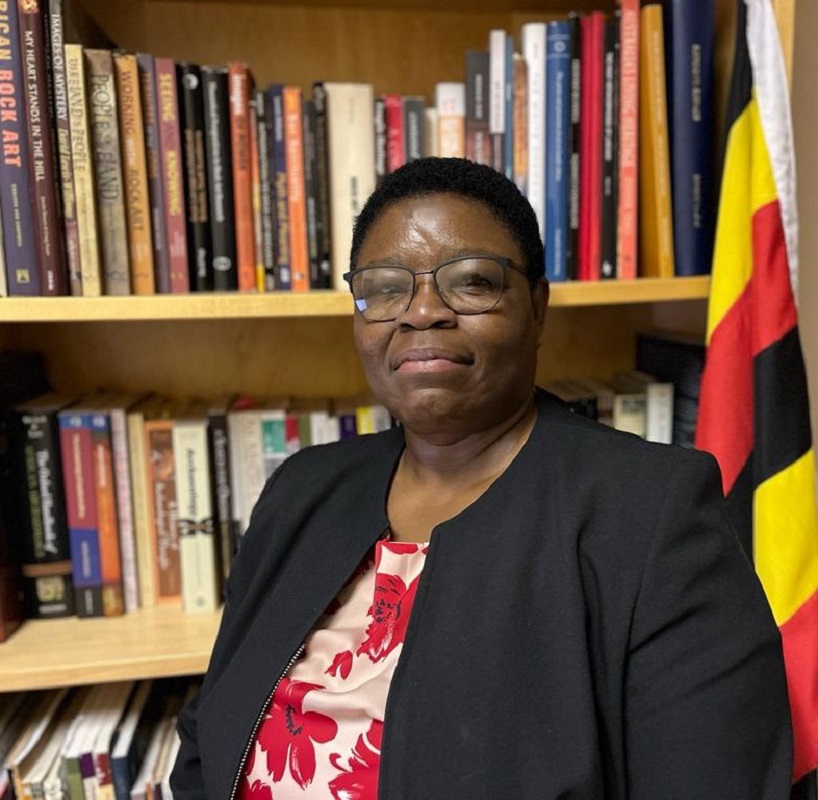
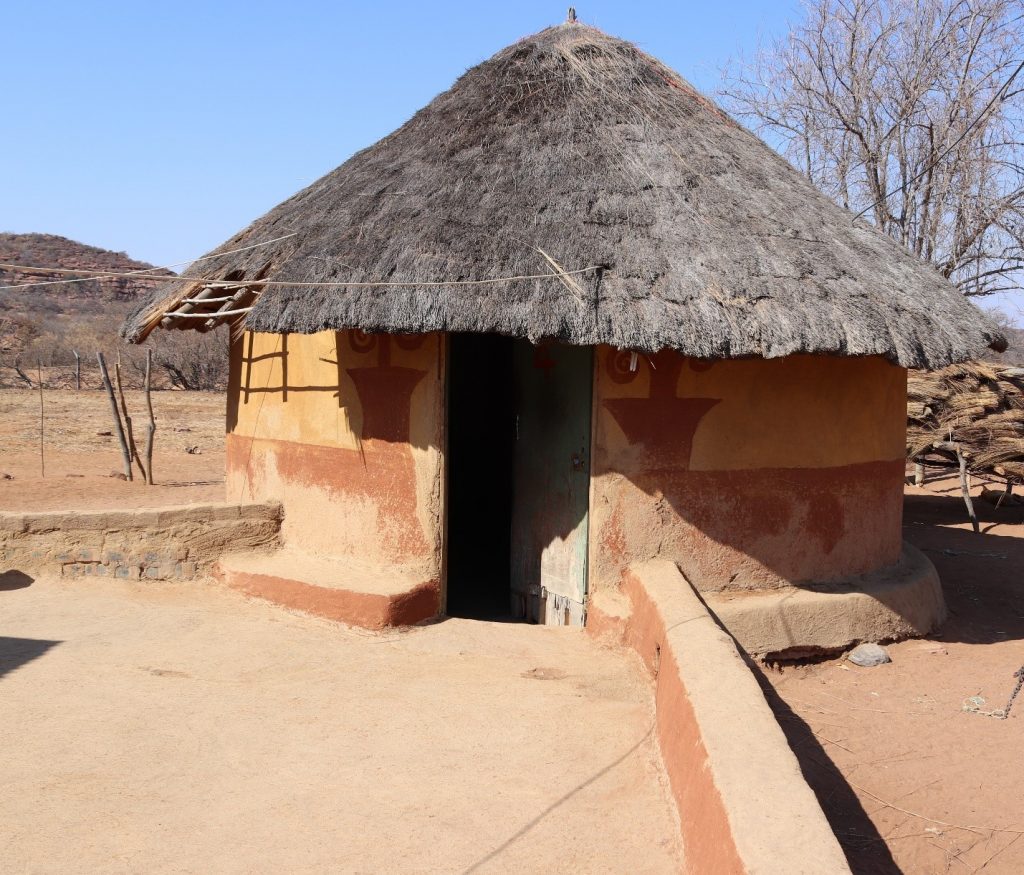
Namono, Catherine (Witwatersrand, U. of) “BONWA KA KGOPA, Makgabeng, South Africa”
Bonwa ka Kgopa is inspired by the earth plastering of the walls of the Great Mosque of Djenné. It explores the possibility of conserving the Northern Sotho indigenous earth-built heritage with grass-thatch roofs known as rondavels in South Africa. The project attempts to interrogate and expand understanding of craft technologies using earth materials to include the symbolism and techniques associated with indigenous earth and grass-thatch architecture. It will provide a vehicle for transferring indigenous knowledge and skills, empowering community youth, and providing model structures for the benefit of the most vulnerable in the rural Makgabeng. Bonwa ka Kgopa will interrogate the myth of the sustainability of vernacular architecture and confront the harsh reality that traditional communities endure in their quest to conserve indigenous practices. This research will provide an opportunity to renew, refresh, and reinvigorate indigenous knowledge, traditions of earth architecture, and earth consciousness.
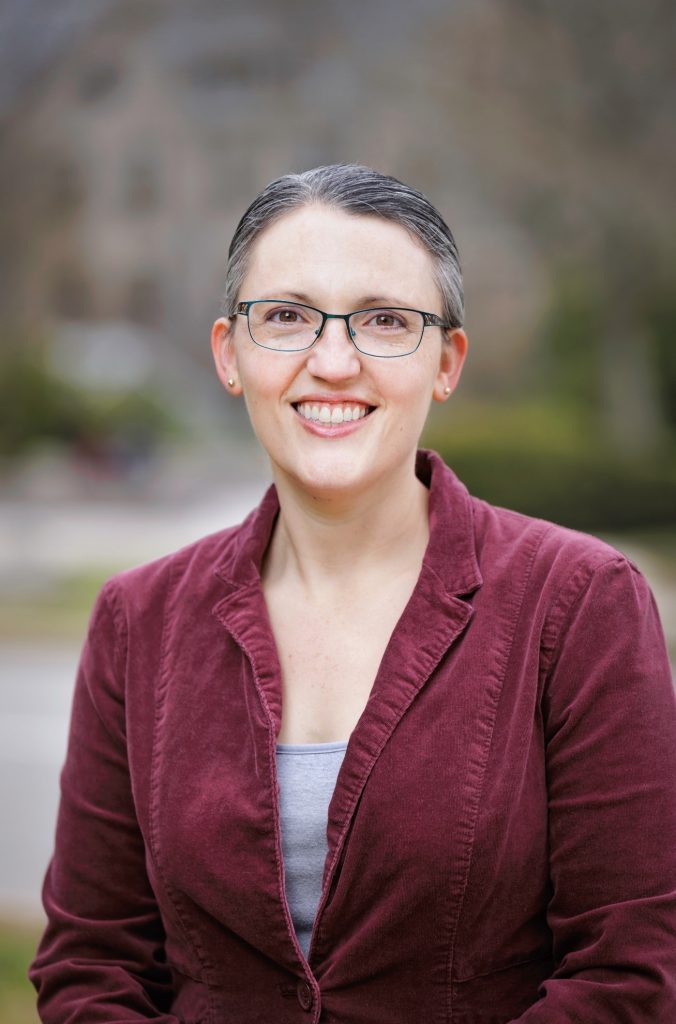
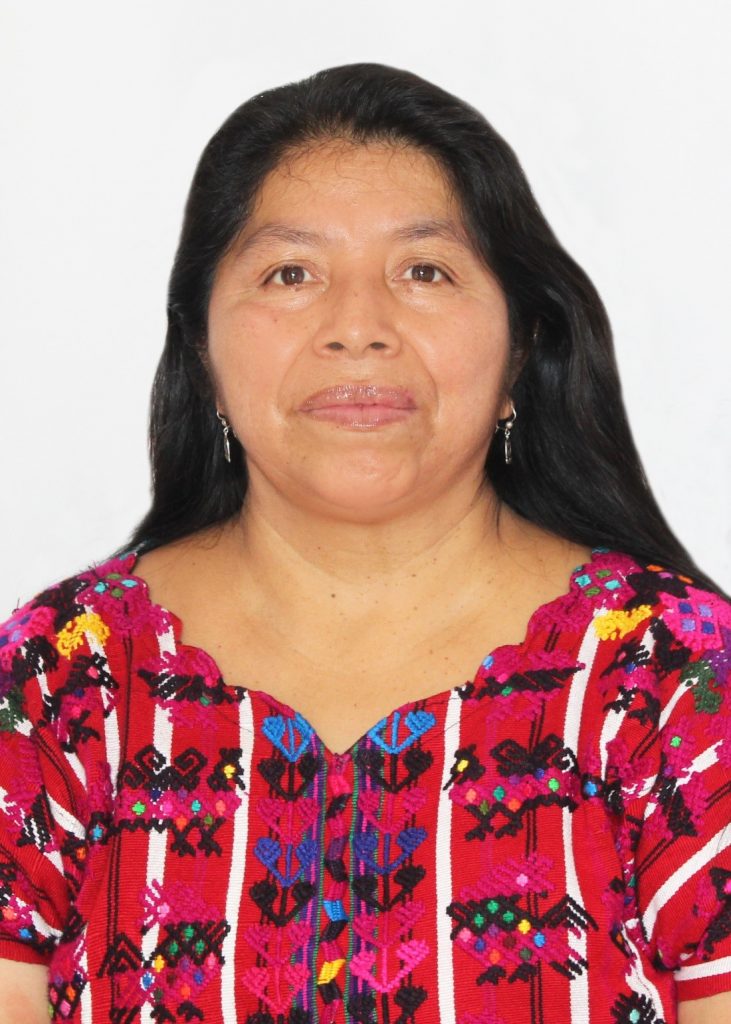
Bennett, Joyce (Connecticut College) “Our Clothing, Our Designs: Maya Women and Intellectual Property Rights”
Our Clothing, Our Designs: Maya Women and Intellectual Property Rights questions how race, language, and legality intersect through Maya women’s use of intellectual property rights as they attempt to defend and protect the use of indigenous weaving designs. Putting collaboration theory into practice, this book project is co-authored with Kaqchikel scholar, Ixnal Ambosia Cuma Chávez. Maya women have passed down knowledge and techniques of back-strap weaving for millennia; recently, fashion designers from the developed world have attempted to claim intellectual property rights that include Maya women’s traditional designs and weaving patterns. Instead of allowing for the theft of their traditional knowledge, indigenous women in Guatemala have come together across ethnolinguistic groups to challenge fashion designers’ attempts through the legal system, basing their claims in intellectual property rights. This research project questions how the holistic and collaborative approach of Kaqchikel Maya women confronts the individualistic legal system as women seek to re-interpret intellectual property rights for community-wide benefits. The book project contributes to Maya women’s social justice initiatives by providing important contextual and background information, holistic analyses of the issues, and reference materials for their case.
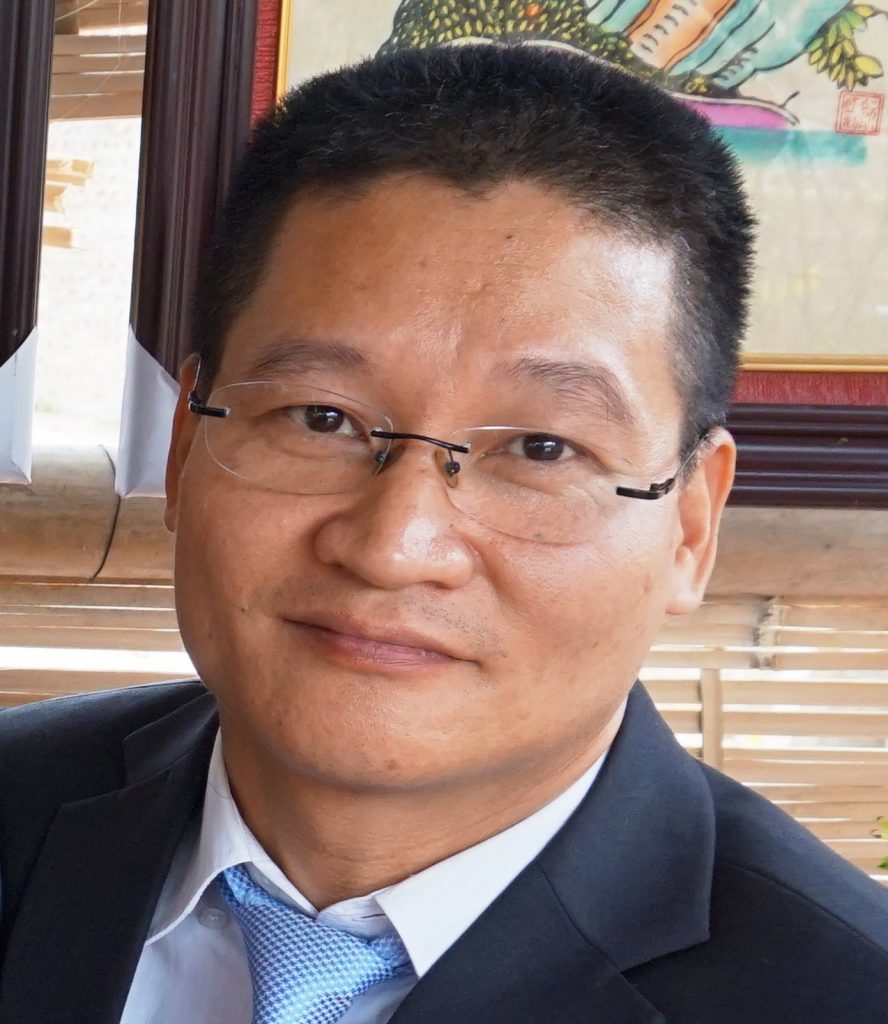
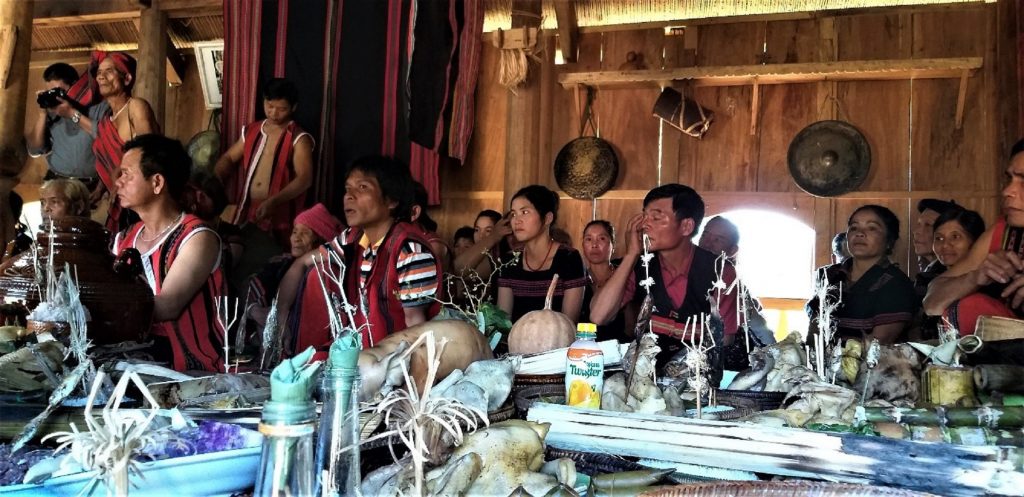
Dinh, Hai (Vietnam National U.) “‘Forever Marginalized’: Engaged Research on Katuic’s Ethnic Minorities in Vietnam”
Over the past four decades, Professor Gabor Vargyas (Pecs University, Hungary) has been carrying out fieldwork in Bru villages in the central tropical forest of Quang Tri province, which is in the process of being transformed into a treeless “forest of wind turbines”. Over the past two decades I have been doing fieldwork in Katu villages in Quang Nam province, the site of one of the largest hydroelectric dams in Southeast Asia, A Vuong Hydroelectric Power Station, 210MW. In nearby Thua Thien, Hue province, A Luoi Hydroelectric Power Station 170MW, has impacted the region inhabited by the Taoih people. The Bru, Katu, and Taoih are three ethnic minorities of the Katuic branch (from the Mon-Khmer language family) known as Katuic people. In 2018, while walking in the shadow of wind turbines in what was formerly a tropical forest, Gábor Vargyas exclaimed “They are forever marginalized!” I was immediately struck by the realization that the more economic development ramps up, the faster ethnic minorities become marginalized. This engaged research focuses on the Katuic people and the process of marginalization they experience and vulnerabilities that emerge from renewable energy infrastructures in a central region of Vietnam.
Here’s a full list of the ERG projects funded in 2022:
Alarcon, Daniela (National Museum, Rio de Janeiro) “Resisting Bolsonaro: The Mobilization of the Tupinambá of Serra do Padeiro to Defend Their Territory and Collective Projects amid Violations of Rights and Anti-Indigenous Policies”
Alves, Daniel (Rio Grande do Sul, Federal U. of) “Terreiro Kalunga: knowledge dialogues and engaged research about culture, health and agency”
Bennett, Joyce (Connecticut College) “Our Clothing, Our Designs: Maya Women and Intellectual Property Rights”
Brkovic, Carna (Georg-August U.) “SHARED FREEDOM: Collective Moral Deliberation in LGBTIQ
Brogden, Mette (Arizona, U. of) “Neo-customary Land Tenure, Environment, and Development in Savannah Region, Ghana”
Carney, Megan (Arizona, U. of) “Cinema for Inclusion: Migrant Storytelling, Archival Activism, and Decolonial Approaches to Knowledge Production in Mediterranean, US/Mexico, and UK Borderlands”
Dinh, Hai (Vietnam National U.) “‘Forever Marginalized’: Engaged Research on Katuic’s Ethnic Minorities in Vietnam”
Ferraz, Ana (FLACSO, Quito, Ecuador) “Healing the Earth with the Guarani peoples”
Garth, Hanna (Princeton U.) “Racialized Placemaking in South Los Angeles: Household Food Access and Basic Needs after COVID-19”
Robles, Juan (Madrid, Autonomous U. of) “Mind maps, digital maps: cartography of the defense and sustainable management of the Waorani territory”
Juliano, Filipe (Museu Nacional, Rio de Janeiro) “Class and race in Brazil: black entrepreneurship and anti-racism in the Market”
Katta, Srujana (Oxford, U. of) “Precarity to Power: Work and Organising in the Ride-hailing Economy in Hyderabad”
Kelly, Phineas (Wyoming, U. of) “Rapa Nui Language Revitalization and Digital Repatriation”
Marshall, Jenail (Purdue U.) “Towards community-engaged archaeology: putting the people at the center of archaeology at Tombos, Sudan”
Moreira, Fernanda (Universidade Federal do Rio de Janeiro) “Rebalancing the World: Munduruku Care for Territory and the Documentation of Living Landscapes along the Tapajós River, Brazil”
Namono, Catherine (Witwatersrand, U. of) “BONWA KA KGOPA, Makgabeng, South Africa”
Nelson, Alexandra (Western Ontario, U. of) “Nothing About Us Without Us: Redefining Political Engagement with People With Lived Experience of Homelessness in Canada”
Ngandali, Yoli (Washington, U. of) “Meaning is in the Making: (Re)connecting with Museum Collections for Indigenous Art Revitalization”
Oenning da Silva, Rita de Cácia (Institution Not Listed) “Performances of Indigenous Feminism: Social agency of Indigenous Women on the Rio Negro”
Parreira Perin, Vanessa (Independent Scholar) “Mapping shareholders and financers in hydroelectric projects: engagement in protecting the waters of the Juruena River Basin (Mato Grosso-Brazil)”
Powell, Dana (Appalachian State U.) “Mapping Environmental Meaning Making Amidst Emerging Energy Threats in the N.C. Coastal Plains”
Talley, Gwyneth (American U. in Cairo) “Growing into a community: Yazidi farming and gardening in Nebraska”
Torres Colón, Gabriel (Vanderbilt U.) “Seeds for Resisting and Flourishing in the Mangroves: Racial Experience, Sustainability, and Community Empowerment in Piñones, Puerto Rico”
Vacas Oleas, Sebastian (FLACSO, Quito, Ecuador) “Mapping on indigenous terms: preserving Shuar historic memory and ancestor’s lands”
Vale, Maíra (Campinas, State U. of) “Cachoeiras – Women Writing Recôncavo Baiano”
von der Weid, Olivia (Universidade Federal Fluminense, Rio de Janeiro, Brazil) “On Skin’s Surface: Poetics and Politics of Blindness in Pandemic Times”
Wilbur, Rachel (North Carolina, Chapel Hill, U. of) “Spirit of the Sxwo’le Society’s Resurgence on the Salish Sea”